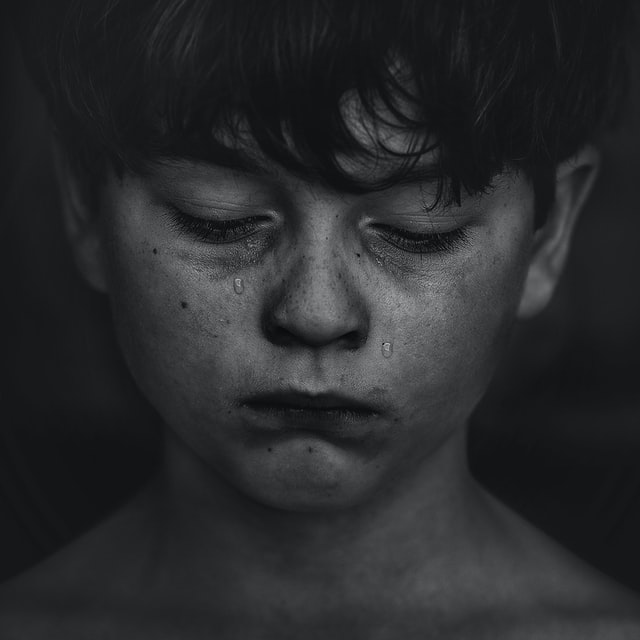
It’s a curious characteristic of people that we are drawn to fiction that makes us feel sad. A feeling that – let’s face it – we try and avoid in the real world. Whether it’s books, movies, or television shows, scenes where we lose key characters or observe indescribable injustices are magnets for the audience.
Fictional works are usually staged to enhance the emotional impact. Writers aim for a dramatic effect that makes the reader or viewer feel something. They may simplify, abstract, or package up real-life experiences in a way that elicits strong feelings among the audience (although the output may not always be realistic).
One mechanism, which appears to make it easier for us to be truly affected by art, is our ability to silence our own innate ‘appraisal system’ (if you’re interested in this idea, do check out this book). This is the system we use to judge whether events are realistic and determine what type of emotional response is appropriate. When we start to read or watch something, we effectively check this in at the door; we don’t need it as a thought process, and fiction provides us with a safe space where we can feel whatever emotions we want without there being any consequences in the real world.
Science tells us that fiction can elicit the same amount of sadness as the memory of a sad personal event. The key difference in emotional reaction, however, relates to anxiety levels elicited by the sad memory, which tends to be much higher than that elicited by fiction. This lack of anxiety may be the key difference between real-life and fictional responses. Fiction allows us to get our sadness kicks – and feel this emotion at potentially equivalent amounts to real-life – without the baggage of anxiety. As such, books and films provide us with a simulation of real-world feelings without the long-term consequences of sad and potentially life-changing events. I don’t know about you, but that leaves me in awe of the power and importance of fiction. It’s not just entertainment, it’s a window into the experiences of other people, the events they go through, and ultimately, the human condition.


Interesting thought here: “As such, books and films provide us with a simulation of real-world feelings without the long-term consequences of sad and potentially life-changing events.” What does your reading suggest the value of these simulations might be? How do you suppose they benefit us?
Hi Kate. Thanks for the great question. There are a couple of books that address this question in detail (‘The Science of Storytelling: Why Stories Make Us Human and How to Tell Them Better’ and ‘Wired for Story’). One of the main theories about it is that story evolved as a means of sharing key life lessons. The ability of early man to both create and comprehend important dos and don’t via story probably provided a considerable advantage. It allowed lessons to be shared across communities and from generation to generation. The fact that stories are like simulations of real life that get us feeling seeing, and hearing things that may never have happened, likely reflects how powerful this system became. I really recommend those books if this is of interest. Cheers!